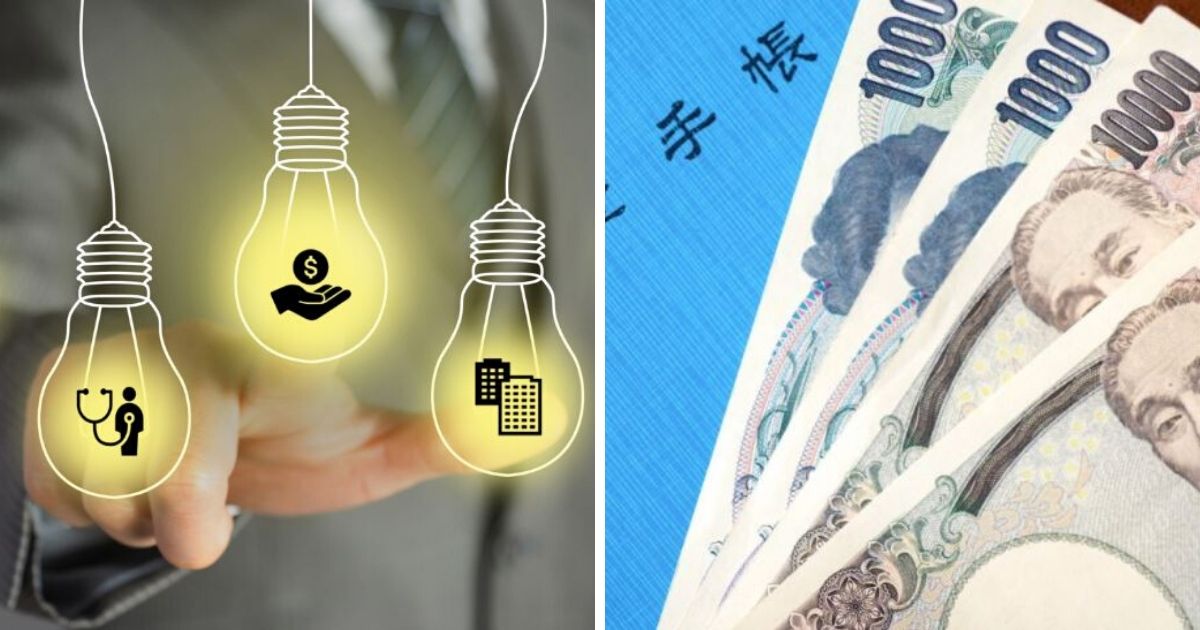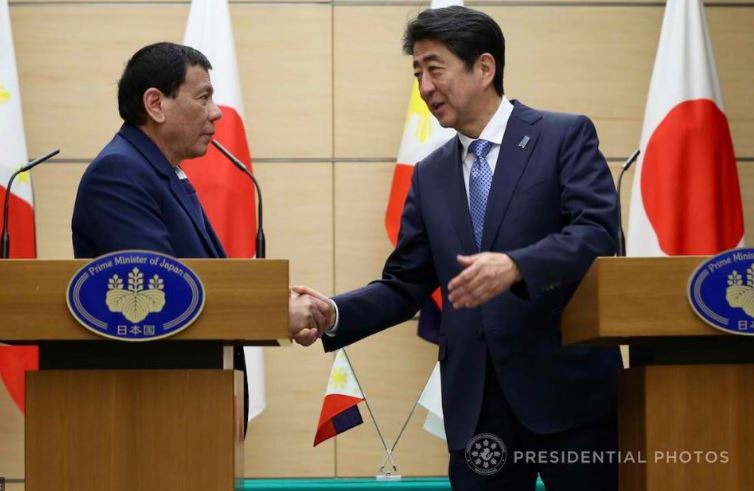
Japan had recently introduced the new visa system giving way to foreign workers. This is the reason why many foreign workers are interested to find a job in Japan. In the same manner, interested workers want to know about the salary packages and employee’s benefits offered by the companies.

The truth is the companies in Japan do not offer a high salary. But they offer bonuses and allowances to compensate those working beyond the standard working hours.
What are the benefits given to employees?
Workers in Japan can take advantage of the following benefits:
Annual sick leave
The companies in Japan generally don’t offer paid sick leave. That’s why a sick employee can use the paid vacation in lieu of the leave of absence. But foreign companies based in the country offer sick leave as a special benefit for the employees.
Annual paid leave
It is stated in the Labor Law of Japan that all contractual and permanent employees are entitled to paid leave every year. Employees can enjoy 10 days leave with pay within the six months’ probation period. Those working for more than six years are given 20 days of paid leave.
Social security
- Citizen’s health insurance – Also known as Kokumin Kenko token is intended for part-time workers and self-employed individuals. This health insurance covers almost 70% of the total cost of medical treatment.
- Social security – This is another comprehensive insurance scheme offered by the government of Japan. The social security or the “Shakai Hoken” is mandated by the law. That’s why companies are obliged to give this benefit to their employees. However, only 50% of the monthly premium is paid by the employer and the remaining 50% is paid by the employee through a salary deduction.
The Shakai Hoken covers health insurance, unemployment insurance, industrial injuries insurance, and pension benefit. Workers who intend to find a long-term job in Japan will benefit from this type of insurance. After 20 years of working or living in Japan, an individual will enjoy the insurance coverage.
- Business expenses – The employee can fully reimburse the business-related expenses accumulated from travel, accommodation, and meals.
- Commutation expenses – This employee’s benefit is not mandatory by the law. But most companies in Japan refund the commutation expenses. It is subject to Labor Insurance and Social Insurance but exempted from the income tax of the employee.
- Overtime pay – Working beyond the standard 40 hours a week entitles an employee for overtime pay. In the same manner, the company should create a written agreement between the management and employees if they will conduct overtime regularly.
Long/short-term leave
- Maternity leave – A pregnant employee can enjoy maternity leave benefit. It started six weeks prior to the due date and eight weeks after the delivery date. The employee may report for work only upon the physician’s approval.
- Maternity leave compensation – During the maternity leave, social insurance will cover two-thirds of the salary of the employee. In case the company offers an amount to the employee, social insurance may reduce the base pay limit.
- Childcare – Both parents can avail of this type of benefit. The childcare benefit starts after the end of the maternity leave up to the child turns 1 year old. However, the duration of the childcare leave should not be more than a year. The compensation of the childcare leave is covered by the labor insurance.

Additional paid leaves
Special leave benefits may be granted only upon the approval of the company.
- Public work leave – A company may approve leave of absence if an employee will carry out duties in the public office.
- Leave for marriage – An employee who is about to get married can take leave for five days.
- Leave for jury service – An employee who will serve as a juror in a court is granted for a few days leave.
- Leave for attending Buddhist memorial service – One day leave is granted to an employee to commemorate the first-year anniversary of a deceased parent, child, or spouse.
- Bereavement leave – The number of bereavement leave varies depending on the case. If the parent, child, or spouse of the employee dies, five days of leave is granted. In the case of a grandchild, grandparent, sibling, spouse’s parent, or child’s spouse death, the employee can take three days approved leave of absence. Extra two days leave is granted if the employee is the one arranging for the funeral service.
You can check out to the official website of the Ministry of Health, Labor, and Welfare for more information.